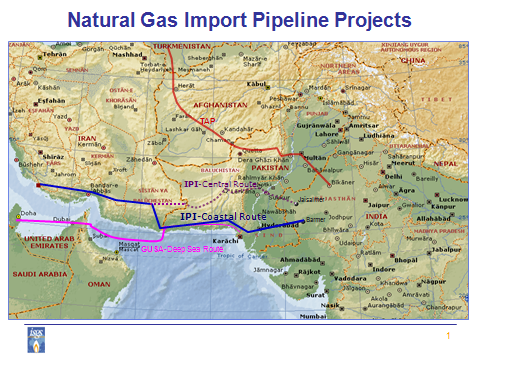Newspaper Article 13/11/2013
Pakistan and the United States have been cooperating on War on Terror particularly on Afghanistan. Pakistan became a front line state and an ally. It helped capture and eliminate terrorist elements. Despite the common interest in fighting terrorism, there is a divergence on how to fight terrorism. Drone strikes in Pakistan’s tribal areas remain a controversial issue between Pakistan and the US. They face severe opposition in Pakistan. The US on the other hand considers them effective instrument against terrorism.
The opposition is not limited to Pakistan. In a recent survey conducted by Pew Research Center in 39 countries, more than half and even more in 31 countries were against the US drone strikes. In fact the opposition voices are much louder in the US itself over its legality and judicial accountability.
Pakistan’s first and foremost reservation on drone strikes is violation of its sovereignty. The extraterritorial and extrajudicial killings do not comply with the International law and international humanitarian law.
Secondly, it is the issue of collateral damage. To date drone strikes have resulted in much higher number of civilian casualties than the militants. Nearly 3500 civilians have died in Pakistan of which 880 are children. Many tribal people who had gathered for a tribal meeting, marriage or funeral ceremonies have been hit suspected for a militant training center or gathering.
Drones rely on intelligence that can be erroneous. Unfortunately, even in contemporary age of precision and high accuracy wars, indiscriminate killings take place. The stated objective of drones i.e., target killing is not fulfilled. Indiscriminate killings lead to popular anger.
Thirdly and more significantly, drone strikes are counter-productive. In the process of eliminating terrorists, it creates many more. Feeling of loss, helplessness and vengeance at such aggression generate hatred and compel innocent and apolitical people to resort to violence and terrorism. It is especially true for Pakistan where an umbrella terrorist organization Tehreek-i-Taliban Pakistan (TTP) was formed to punish Pakistan’s government for allying with the US and launching counter terrorism operations in Tribal Areas. TTP has launched aggressive terrorism throughout Pakistan since 2007 that has resulted in killings of thousands. TTP thrives on a pool of local tribesmen filled with feeling of revenge for deaths of their loved ones for recruitment.
Tribal Areas in Pakistan are extremely underdeveloped. Only development and good governance can successfully eradicate terrorism form there. A report by the International Crisis Group titled ‘Drones: Myths and Reality in Pakistan’ sums up the same that the militancy cannot be eliminated only through done strikes. The Government of Pakistan and US must put in concerted efforts, pool in resources to extricate the local populace out of clutches of terrorism. Recently Pakistan’s Ambassador to the United Nations has called for “intense, results-based engagement with the US”. Working out issues through dialogue and cooperation is the only way to end terrorism. And cooperation on sticking points is all the more important.
What better way of discussing an issue than a dialogue and that too among the citizens. This is what a group of Pakistani students did at Tufts University, US. They initiated a transnational dialogue on drones. They invited students from Pakistani universities to express their opinion on drones on postcards that were displayed in the US. Then US students were asked to have their say. The postcards and letters found their way to an exhibition in Karachi in July. The organizer believed that this dialogue can help go beyond the present approach of toeing government’s line. A Facebook page titled ‘drone dialogue’ is also dedicated to this cause. There are various shades of opinion on drone strikes: some abhor it completely as “unnecessary violence” and “inhumane”, due to “lack of legal or moral guidelines” others accept it with a heavy heart for security of the US, and some consider it as a lesser evil, preferable over other options i.e., boots on the ground. A few others urge for “resistance” against it. While the opinions may differ what matters is an effort to resolve the controversial issues and bridge the divide.
Innovative civil society efforts like this can make a meaningful difference. They can offer out of the box solution, something constructive that aims at a comprehensive political strategy that goes beyond the military tactics, helps win hearts of the locals and does not add up to cadre of terrorists. It can help achieve a decisive victory against terrorism instead of tactical gains.


